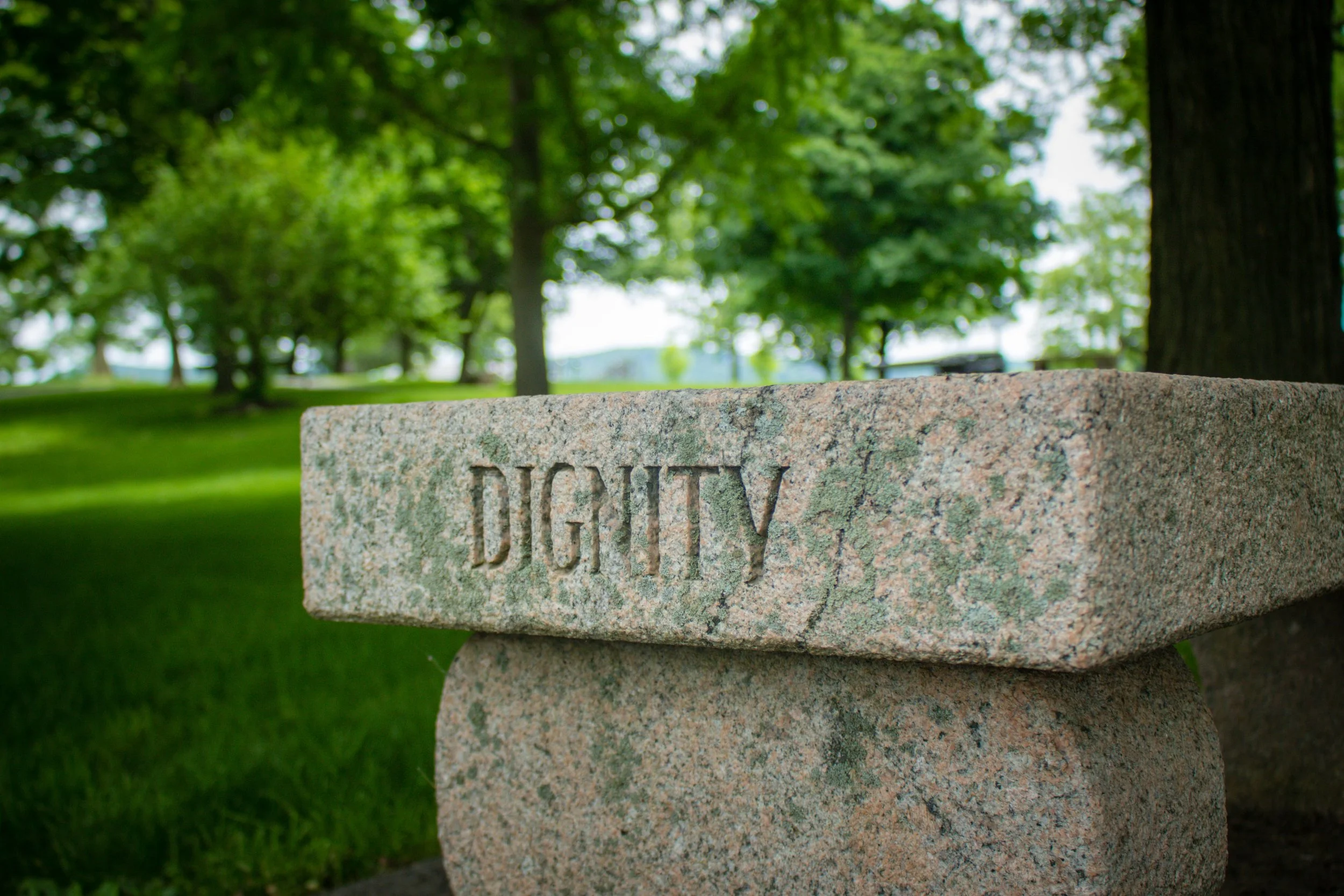In an increasingly globalized world, diversity is not just a catchphrase, but a reflection of our interwoven communities. As demographics shift and societies merge, Adult Family Homes (AFHs) need to champion multiculturalism. Embracing a diverse AFH environment means recognizing and celebrating the myriad of cultures, languages, and traditions that residents bring. Let’s explore the significance, strategies, and symbiotic benefits of fostering a multicultural AFH setting.
Our goal is to help make your job a little bit easier by providing the exact assistance you need.




















